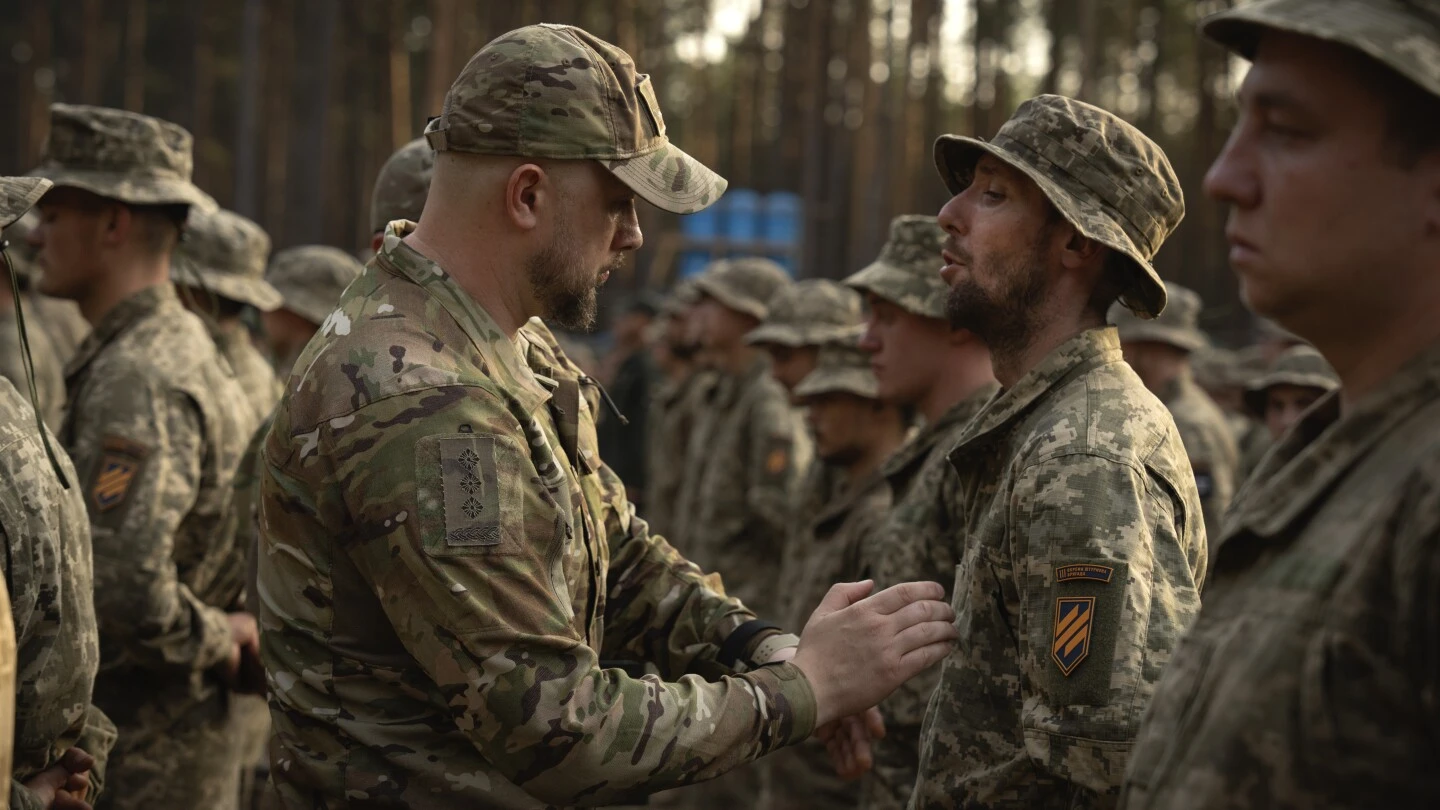Why should that be Tatars of all people? Crimean tatars comprise about 10% of the population, and are already disproportionally vocal, which irritates a lot of people on the peninsula. If anything, majority of Crimean population sees them as problem rather than leading source of power, and while I can't fully agree with that notion, it doesn't change the fact that power to Crimean Tatars is a bad idea. They should be protected - to a degree - but letting them singlehandedly decide the future of the place is critically questionable.
You can check pre-occupation numbers on Crimean population collected by Ukraine, you'll see the same picture. It's not that FSB is warping data or people are scared - it's that Crimea was only controlled by Ukraine for 60 years (1954-2014), and most of that history is was part of USSR anyway, so there wasn't enough time to replace populations. Also, again, literally nothing bad happens to people of Ukrainian nationality inside Russia. Like, I have a branch of Ukrainian family here, it's not dissidence to be of some origin. Ethnic Ukrainians in Crimea remained ethnic Ukrainians in Russian statistics.
Kurill islands were not to scale. You can change it to Kamchatka and Primorsky Krai, for example. Should make a fair share.
I found one poll by Gallup - https://news.gallup.com/poll/512258/ukrainians-stand-behind-war-effort-despite-fatigue.aspx - which proves your point on majority of Ukrainians supporting the war, althouth it also notes the support is dropping, from 70% in 2022 to 60% in 2023 - and no numbers for 2024. I'd like to see what the sentiment is now - whether it gets to 50%, stays strong or falls down. It also demonstrates what I said earlier about highest support coming from regions largely directly unaffected by war. Besides, I also wonder how much the omnipresent SBU influenced the answers - we have to be fair and consider censorship and watching eyes on both sides of the conflict.
Sevastopol is an important point of access to the Black sea, allowing quicker deployment and easier portection of eastern part of the sea. Kaliningrad is still very relevant, as it is not encircled per se, but rather a reachable point inside the lines of potential enemy. I wouldn't write it off for the potential of suprise actions in case of rapid delopments. I'm not a military expert, though, and can be wrong on some of that.
District heating failures are and were common, it's just that they came more into focus. The issues with the system appeared long before the war, and fixing it costs way more than "three days of war costs". And while I agree that those measures should have been taken long before and better instead the war, but we are where we are, and Crimean question is important and at the same time clusterfucked no matter how you look at it. You just try to make a case on why Russia should ignore it, consequences be damned.
I did watch the video. Both you and the author seem to be missing the point while trying to make it a lesson for the West (which currently degrades democracy under way more freedoms than Russians), thinking Russians are still politically indifferent, that they closed themselves off from the horrors of the war. Quite the opposite - the war turned to protest even those demographics who always stayed silent, and the horror of coming to war with a brotherly nation, one in which many of us have relatives in, rippled throughout society. My own relatives had a rocket coming into neighboring house. But the divide and conquer tactics succeeded already, and the only way you can proceed with from here is to silence or to jail, not to any meaningful civil victory. There's simply not enough coordination to pull off a protest that would actually shake society. People are angry, afraid, and everything else, they generally despise Putin - but there's so much control mechanisms that it's nearly impossible to actually come together and make a change. And individually, your protest normally lasts a few seconds, and then you get to enjoy your prison time.
Also, the concept of common responsibility has been given in a way that smells of a blame game. No, not all Germans were responsible (in a sense of worthy of taking blame for the regime) for what happened in the Reich, it's those who paraded it that actually got responsible, and others failed to stop them - bad that they didn't, but shifting blame on them wouldn't be fair. We can learn from their mistakes, and should learn from ours, on how to not get here in the first place, and take advantage if the system cracks.

